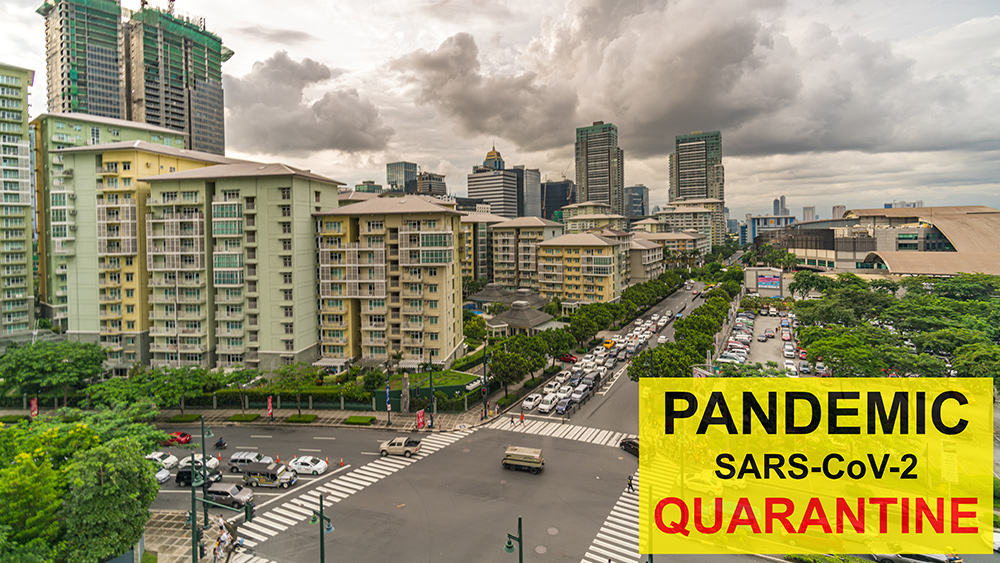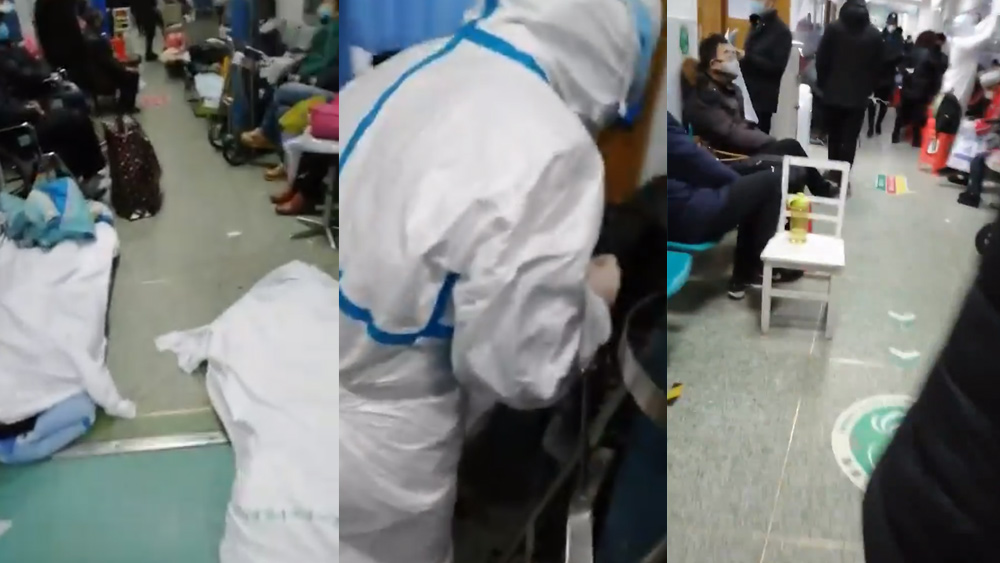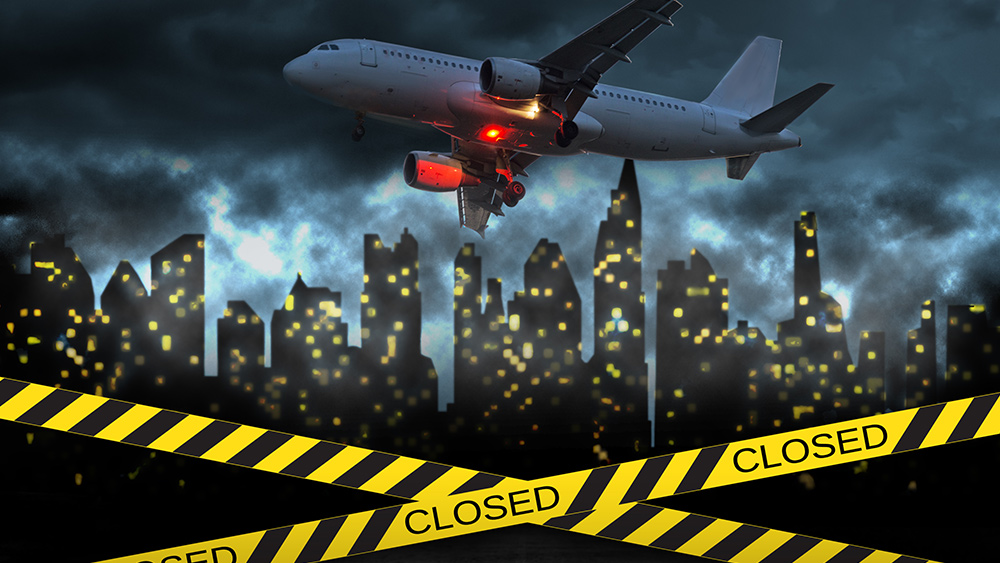Asia braces for new wave of coronavirus infections, more countries to see spikes in caseloads
03/25/2020 / By Ralph Flores

Last week saw a new surge in coronavirus cases in Hong Kong, with health authorities reporting that caseloads have doubled—many of which were imported overseas. Following the most recent upswing, Hong Kong Chief Executive Carrie Lam barred international arrivals to the financial hub, which took effect on Wednesday.
In Beijing, which still has 150 active coronavirus cases, the local government has ordered people arriving in the city to go into 14-day quarantine, in response to a recent increase in imported coronavirus cases. Similar cities have enacted similar measures following the government’s push to slowly relax lockdowns in certain areas and a steady influx of foreigners returning to the country. Chinese President Xi Jinping has recently visited Wuhan, the epicenter of the global pandemic, saying that it has “basically curbed” the disease.
Coronavirus cases in Southeast Asia picking up
The past week also showed a sharp increase in the number of coronavirus cases in Southeast Asia. Currently, Malaysia is the hardest-hit country in the region with over 1,700 cases. According to the country’s health ministry, this figure is expected to go higher in the upcoming days, in particular, those linked to a religious gathering at a mosque outside the capital Kuala Lumpur late last month. The government has since asked the military to enforce a two-week lockdown to contain the virus.
Vietnam’s health ministry has reported a total of 134 coronavirus cares on Tuesday, mainly from overseas visitors and Vietnamese citizens escaping outbreaks elsewhere. In Ho Chi Minh, the government has imposed a lockdown on all restaurants until the end of March to stem the growth of coronavirus.
Health Minister Gan Kim Yong of Singapore has noted that the country is currently experiencing its second wave of imported cases. The influx of cases has caused the number of coronavirus cases in the island nation to double in a week: From 266, the number of cases is now 558 as of Tuesday, and nearly 80 percent of the cases are imported. In response to the rising number of cases, the Singaporean government has started banning visitors, which took effect on Monday, and all returning residents will undergo a 14-day home quarantine.
Prime Minister Prayut Chan-o-cha of Thailand has invoked an emergency decree on Wednesday as the country logged in 107 new cases to bring its total to 934, with seven deaths. According to health authorities, the single biggest cause for the surge in cases was an individual who attended a boxing event in Bangkok this month.
Health officials in the Philippines reported 84 new cases of coronavirus to bring the country’s total caseload to 636, with 38 deaths. This week, Philippine President Rodrigo Duterte signed the Bayanihan to Heal as One Act of 2020, which allows the national government to reshuffle funds in this year’s budget and provide assistance to over 18 million low-income households affected by the nationwide lockdown in place since last week.
India descends into chaos after lockdown orders
Prime Minister Narendra Modi of India has imposed a nationwide lockdown this week, which took effect Thursday midnight, in response to the surge in coronavirus cases.
“There will be a total ban on venturing out of your homes,” Modi said in a televised address. “The entire country will be in lockdown, total lockdown.”
While the prime minister appealed for calm during this time, people descended upon shops and pharmacies in New Dehli and Mumbai as they feared that the lockdown will bring shortage.
“All our stocks, including rice, flour, bread, biscuits, edible oils, have been sold out,” said a store owner in Dehli, quoted by the Press Trust of India.
“I have never witnessed such chaos in my life,” the store owner added.
Sources include:
Tagged Under: Asia, China, coronavirus, covid-19, Flu, Hong Kong, infections, outbreak, pandemic, superbugs, virus



















